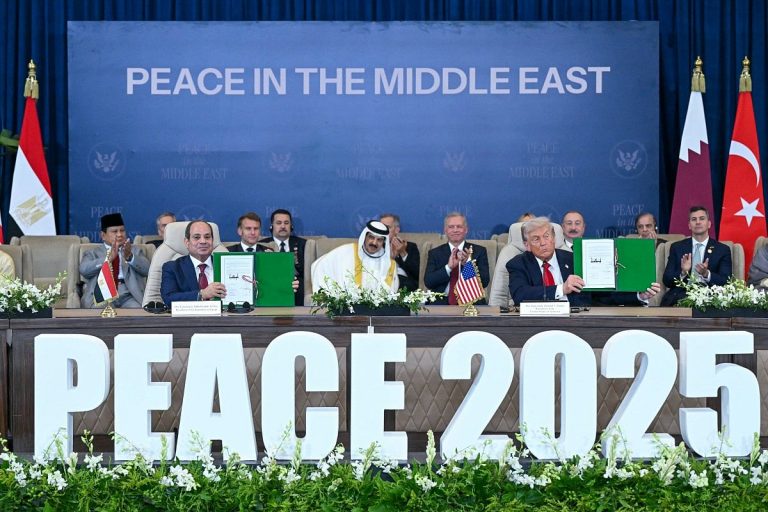$250M Initiative to Support Farmers in Pakistan’s Glacial Re
A significant funding initiative has been launched to address the challenges posed by melting glaciers in Pakistan. The Green Climate Fund (GCF) has approved $250 million for a project aimed at enhancing water and agricultural systems in regions reliant on glacial resources. This initiative, known as ‘Glaciers to Farms,’ is designed to support communities that are increasingly vulnerable to the effects of climate change.
Overview of the Initiative
The ‘Glaciers to Farms’ program, spearheaded by the Asian Development Bank (ADB), targets areas heavily impacted by accelerated glacial melt. Pakistan is one of nine countries included in this initiative, which also encompasses Armenia, Azerbaijan, Georgia, Kazakhstan, Kyrgyz Republic, Tajikistan, Turkmenistan, and Uzbekistan. The focus will be on four major glacier-fed river basins, including the Swat River basin in Pakistan, which spans approximately 27 million hectares.
Funding and Project Goals
The GCF funding will primarily be allocated as grants, complementing an additional $3.25 billion investment from the ADB over the next decade. The funds will be directed towards enhancing irrigation efficiency, improving water storage, and implementing effective watershed management practices. These measures aim to safeguard agricultural productivity while mitigating the risks associated with droughts, floods, and glacial lake outburst events.
Yasmin Siddiqi, ADB Director for Agriculture, Food, Nature, and Rural Development, emphasized the complexity of the challenges posed by rapid glacial retreat. She noted that the GCF’s support will help transition the region from fragmented projects to a more cohesive approach that fosters long-term resilience for communities.
Expected Impact on Communities
The program is projected to benefit approximately 13 million people, including farmers and other vulnerable groups residing in fragile mountain areas. In addition to improving agricultural practices, the initiative will facilitate climate and glacier assessments that inform national development strategies. It will also enhance monitoring and early warning systems and provide adaptive social protection and health services for communities facing water shortages and extreme heat.
Thomas Eriksson, GCF Director for Eastern Europe, Central Asia, and the Middle East, remarked that this initiative sets a transformative benchmark for improving data coordination and financial readiness, ultimately contributing to long-term resilience in the region’s water and food systems.
FAQs
What is the ‘Glaciers to Farms’ initiative?
The ‘Glaciers to Farms’ initiative is a program funded by the Green Climate Fund, aimed at enhancing water and agricultural systems in glacier-dependent regions, particularly in Pakistan.
How will the funding be used?
The $250 million funding will be used to improve irrigation efficiency, water storage, and watershed management, helping to protect agricultural productivity and mitigate climate-related risks.
Who will benefit from this program?
Approximately 13 million people, including farmers and vulnerable communities in mountainous regions, are expected to benefit from the program’s various initiatives and support services.
Conclusion
The approval of the $250 million funding for the ‘Glaciers to Farms’ initiative marks a crucial step in addressing the challenges posed by climate change in Pakistan. By enhancing water and agricultural systems, this program aims to secure the livelihoods of millions while promoting long-term resilience in the face of environmental changes. Moving forward, the focus will be on implementing these strategies effectively to ensure sustainable development in the affected regions.
The initiative comes at a critical time as Pakistan faces significant environmental challenges, including severe water scarcity and increased frequency of extreme weather events. The country is home to some of the largest glaciers outside the polar regions, which are vital for sustaining water supplies for agriculture and drinking. As these glaciers continue to melt due to rising temperatures, the potential for both flooding and drought increases, threatening food security and the livelihoods of millions.
In addition to immediate agricultural benefits, the ‘Glaciers to Farms’ initiative aims to foster sustainable practices that can be replicated in other regions facing similar challenges. By integrating climate resilience into local development plans, the program seeks to create a model for adaptive management that can be utilized across the broader Central Asian region. This holistic approach not only addresses current vulnerabilities but also prepares communities for future climate impacts, ensuring that they are better equipped to cope with ongoing changes in their environment.
Also Read:
Rain and Cooler Weather Expected Across UAE Regions







